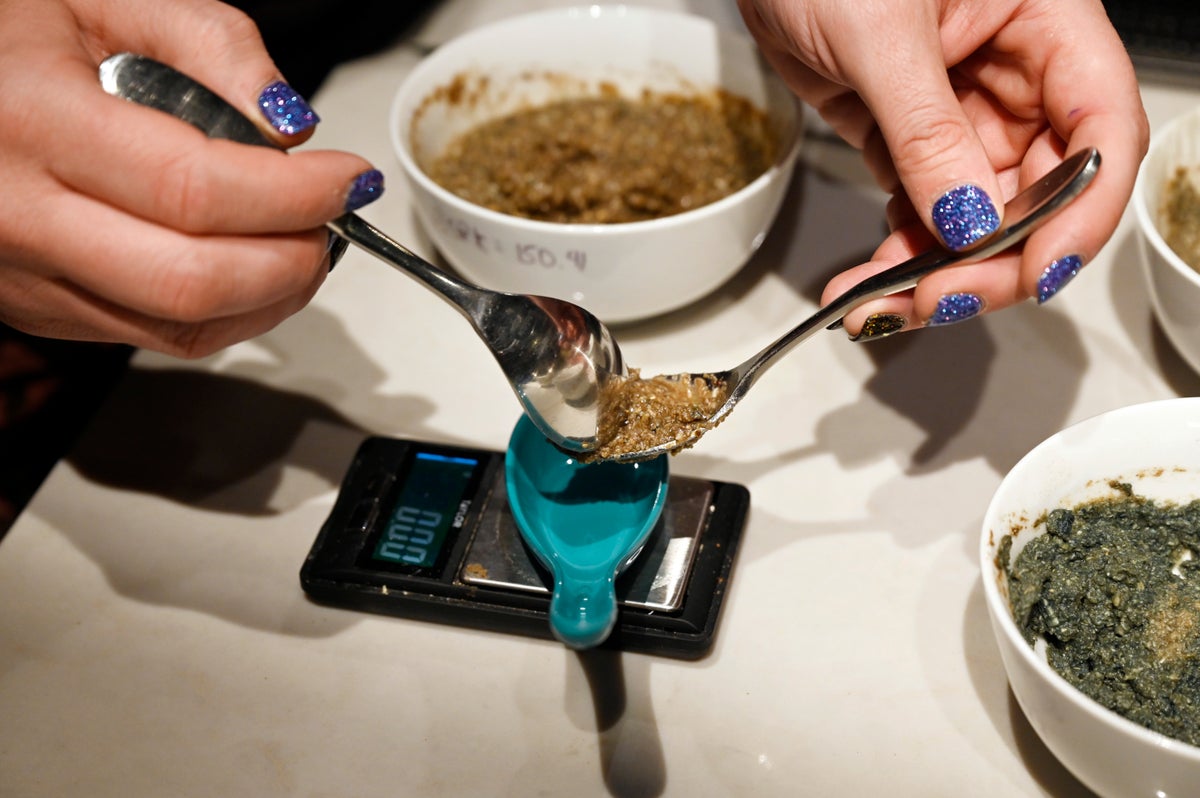
In 2019, the city of Denver made the use or possession of magic mushrooms the lowest priority for law enforcement. Now, the state government is following suit by considering legalization across Colorado.
A ballot initiative before voters would decriminalize the psychedelic funghi for people 21 and over -- ten years after the state legalized marijuana. The new initiative would also create state-regulated “healing centres” where licensed “facilitators” would supervise those using mushrooms, which have been investigated extensively for therapeutic purposes.
Oregon has already passed legislation decriminalizing the substances, and the laws will take effect in January. Colorado would become only the second state to pass such a measure.
As of now, magic mushrooms and their psychedelic properties are listed as schedule 1 controlled substances under state and federal law.
Under the Colorado initiative, in addition to allowing the use of hallucinogenic psilocybin and psilocin found in some mushrooms, the measure would “allow an advisory board to add other plant-based psychedelic drugs to the program, including dimethyltryptamine, commonly known as DMT, ibogaine and mescaline not derived from peyote, a type of cactus that some conservation groups are trying to protect,” according to the Associated Press.
That advisory board would be allowed from June 2026.
Mason Tvert, who was active in the campaign to legalize marijuana in Colorado, pointed out that the new mushrooms initiative did not ask voters to allow dispensaries, like those that have burgeoned since the cannabis decriminalization.
“We’re voting on whether (psilocybin) in very limited environments involving a great deal of control and safety and professionals,” Tvert told the AP.
Critics have argued the substances are not FDA approved and could adversely affect young people’s attitudes towards safe behaviours and consumption.







